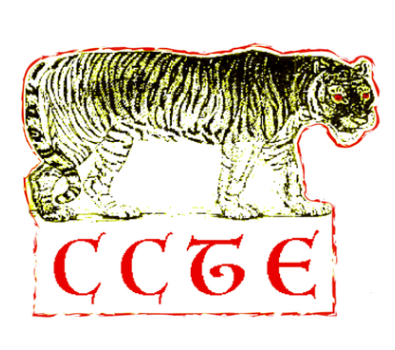Imagination
“The life of the imagination cannot be isolated from real life: the concrete, objective world constantly nourishes, permits, and grounds the imaginary. Imaginary consciousness is certainly unreal, but it is saturated with the real. Imagination and the imaginary are only possible to the extent that the real belongs to us.” - Frantz Fanon.
A lot of teaching makes the students reflect only on past experience. We encourage students to reflect on experiences they are having in the present, through their collective activity in the organisation. This helps them get to a place of continual learning. The source of experience within the learner is past, present and future practice. Learning through experience should lead students to deliberate on their behaviour, creativity, discipline and ability to critique.
To this we should add the capacity of the student to imagine themselves into other situations, ones in the past, present and future. Most often, we in CCTE ask people to imagine the past and the present, rather than the future. The purpose of using imagination is not to construct an alternative that the learner is to find a way to jump into, but to more accurately understand the situation of another person who we need to understand. In the example that we are working from, ‘We want to teach people how to have arguments and remain commonly committed to the movement’, we might show people a section of a film where two revolutionaries have an argument. We might then ask people to imagine each person’s day before it happened, the things that happened to them, and the things that happened afterwards.
It is crucial when using the mode of imagination that people focus on details. They should be describing, as far as possible, the full human experience, so that people can as closely as possible track their imagination. They can stick to or abandon realism as they desire.
Why not imagine the future?
It’s worth bearing on CCTE’s counterintuitive tendency to rarely use imagination to think about the future, but to use it to think about the past and the present.
A bit of etymology is helpful here. ‘Imagine’ has come to us from Latin via French, to mean imitating or representing a person or object. We use ‘imagine’ here in that same original sense as being more than just making any old thing up out of thin air. It is the process of applying our minds to real things in order to make something new, that can have a semblance or meaningful conversation with the real. Meanwhile ‘imagining’ futures in the liberal sense typically involves rearranging things we know already (taking baths, eating good food) and importing them into an ideal scenario, i.e. “a free Palestine”. This is not imagining, because everything remains irredeemably abstract in two senses: first, the details of life get washed away; “a free Palestine” as an abstract concept replaces both the concrete and imagined reality of what life is like in distinct, specific moments that we are attempting to imagine. This is why we stress above that we want to imagine details that are grounded in the real world. Secondly, in the liberal version we remove things like eating good food, relaxing and drinking cocktails from their historical context and idealise that they could or should exist in another. This is not imagination, this is just idealism and abstraction.
Imagination entails understanding and attempting to grasp real details of real things and imagining the real ways that different kinds of outcomes can or could have been, in the context of what is possible for us to actually do. Imagination operates through the contradiction between what is in our heads and what is real; if the real element were jettisoned, it would no longer be imagination, merely idealization. It is explicitly not pretending that real outcomes and possibilities produced by this society (i.e. a society that can eat fancy food all the time) can be swapped around and introduced to abstract, general ideal mental pictures of societies (i.e. the same society we have now just without prisons).
‘We want to teach people how to have arguments and remain commonly committed to the movement’
Example: The group look over some pictures and news excerpts about Jonathan Jackson’s invasion of the Marin County Civic Center to secure the release of Black Panther prisoners from Soledad Prison. Although celebrated by the Black Panther Party, it was not formally endorsed or carried out by them, and internally it was disputed as a sensible course of action. The group then writes a play together imagining what happened when Jonathan Jackson presented his plan.
What’s the time?
in Al-Quds -
in Panama and Chicago -
in Burkina Faso -
in Scotland -
